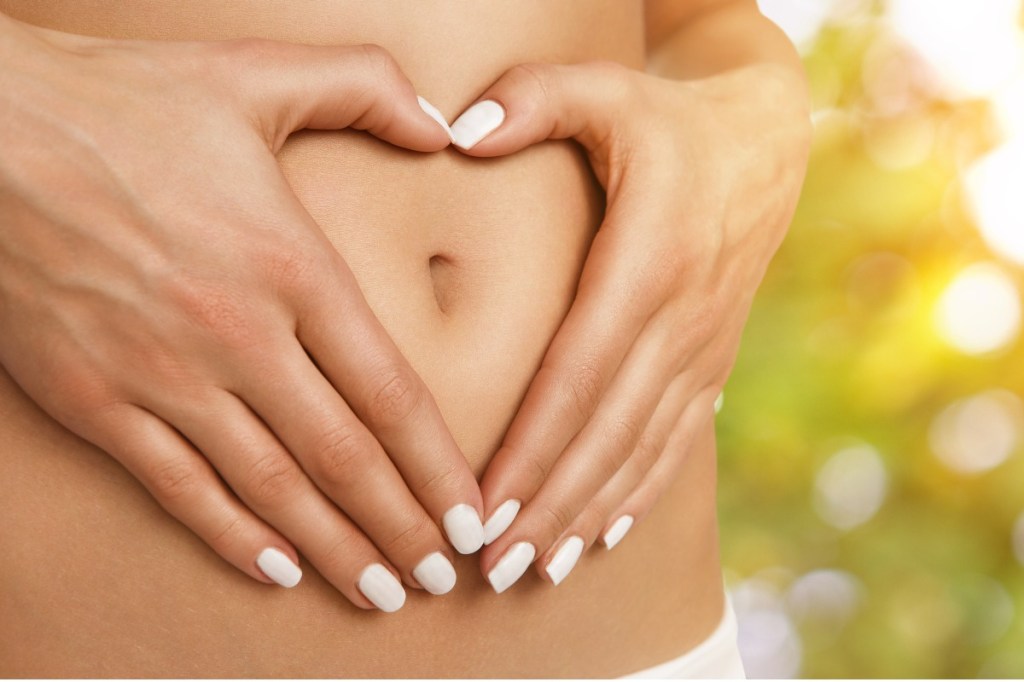Unilever has partnered with the gut microbiome experts at Holobiome to identify food and drink ingredients that could have a positive impact on mental wellbeing by targeting the gut-brain axis.
There is increasing awareness of the importance of the gut microbiome – the trillions of microbes that live inside us – and the critical role it plays in our overall health and wellbeing. Many scientists now consider the gut microbiome an essential organ with 70% of the immune system existing in the gut(1), and 90% of the body’s mood elevating serotonin produced there(2).
The gut-brain axis allows communication between the gastrointestinal tract, the microbes within it, and the brain. A major driver of this communication is the exchange of chemical messengers known as neurotransmitters and their precursors; these neurotransmitters can have a stimulatory or calming effect on the body. Using its discovery platform to map the microbiome and its influences, Holobiome has identified key bacteria that appear to communicate to the brain via neurotransmitter signalling in the gut.
Unilever and Holobiome’s research partnership aims to identify specific food ingredients that interact with these key bacteria. The long-term ambition is to enhance these ingredients in certain foods and refreshment products across Unilever’s portfolio to naturally boost levels of certain calming neurotransmitters in the gut, in turn improving mental wellbeing.
Carla Hilhorst, Executive Vice President R&D Foods & Refreshment at Unilever said, “More than 70% of consumers are concerned that stress and anxiety are having an impact on their health(3). In turn, consumers are increasingly seeking food and drink products that can have a positive impact on their overall health and mental wellbeing.
Through our partnership with Holobiome, we look forward to understanding more about the way ingredients interact with the gut microbiome. This research offers exciting opportunities for our future food and drink formulations enabling us to deliver boldly healthier products.”
Philip Strandwitz, Holobiome CEO and co-founder said, “Everyone knows the saying ‘You are what you eat’. The microbiome is an important part of that relationship, and it appears to impact nearly every aspect of our biology. As such, it’s important to understand how the food we eat influences our microbial passengers and the important functions they perform.
If we can map this out at an individual ingredient level, there’s an opportunity to make more informed dietary choices and improve health via multiple marketplaces. Our platform – powered by our Human Microbiome Atlas, which contains nearly all known members of the gut microbiome – allows us to make this map for specific functions related to the gut-brain-axis. We’re excited to work with Unilever and help explore the future of food.”
The screening process will seek ingredients that have a prebiotic potential. Prebiotics are food for the beneficial microbes that live in the gut. Many ingredients used in Unilever’s products, such as dietary fibres and some polyphenols, are classified as prebiotics. This research is expected to continue over the next year with findings expected by the end of 2022.
As part of its Future Foods ambition, Unilever is working to transform the global food system making healthier options accessible to all by doubling the number of products delivering positive nutrition globally by 2025. Unilever has also identified functional nutrition as a high growth space for continued portfolio development.
References: 1 Vighi, G., Marcucci, F., Sensi, L., Di Cara, G., & Frati, F. (2008). Allergy and the gastrointestinal system. Clinical and experimental immunology, 153 Suppl 1(Suppl 1), 3–6.
2 Kim, D. Y., & Camilleri, M. (2000). Serotonin: a mediator of the brain-gut connection. The American journal of gastroenterology, 95(10), 2698–2709.
3 Euromonitor: Exploring Opportunities for Food in the Mental Wellbeing Space
Source: fmcgbusiness.co.nz/

